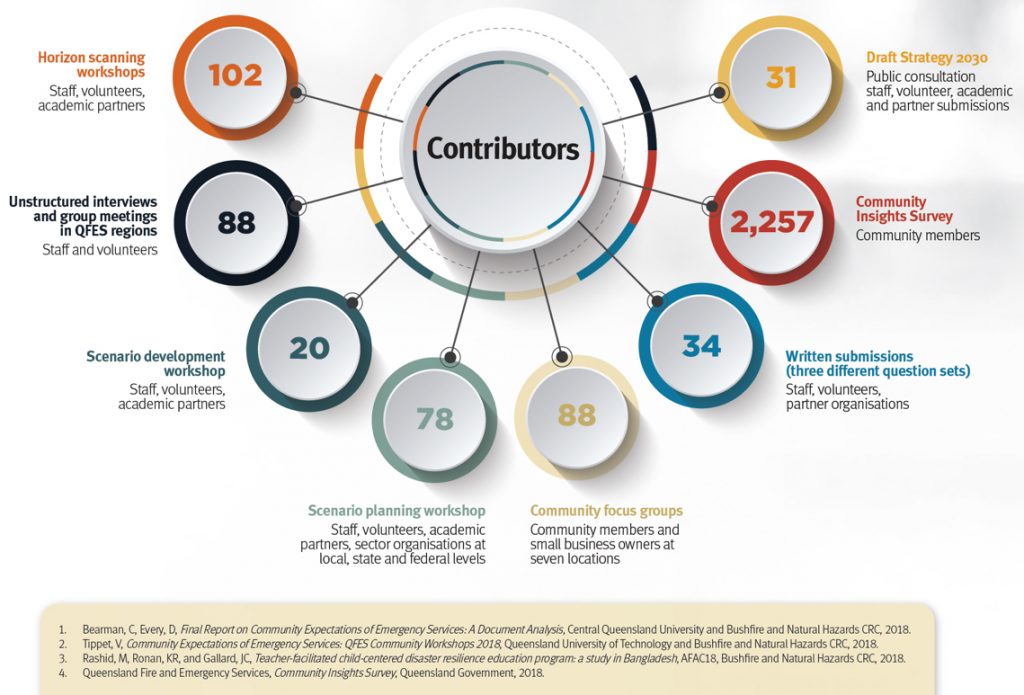Community Engagement Software already exists to help governments interact with communities. Tools such as online discussion, ideation, questions, voting, polls and surveys collect data. But do these platforms collect the right data? And how should decision makers use this data, to weight it appropriately, to manage discordant responses and to manage data gaps and data bias once it is collected? Because these platforms focus on data aggregation, rather than data use, community engagement platforms can still make it hard for decision makers to make a decision and for stakeholders to feel that their ideas are getting traction.

BetterBeliefs compliments efforts to engage with community with an intuitive, social media-like interface that requires all ideas on the platform to be connected with evidence in support of or opposed to them. The interaction of stakeholders on evidence items (rating them out of five stars) as well as the ability to add confirming and disconfirming evidence really sets out platform apart.
Because the Evidence Engine calculates the degree of belief (DoB) in ideas (how popular they are) as well as their weight of evidence (WoE), decision makers are able to transparently select those ideas for which there is agreement across diverse stakeholders and a strong evidential argument to progress.
More controversial ideas and those that lack evidence or lack belief, can prompt new research projects and subsequent engagements. This allows a dynamic decision environment over time while allowing decision makers to confidently make decisions that are justified for action.
Read more about how BetterBeliefs helped Queensland Fire and Emergency Services (QFES) to use messy, unstructured data and turn it it actionable decisions.


